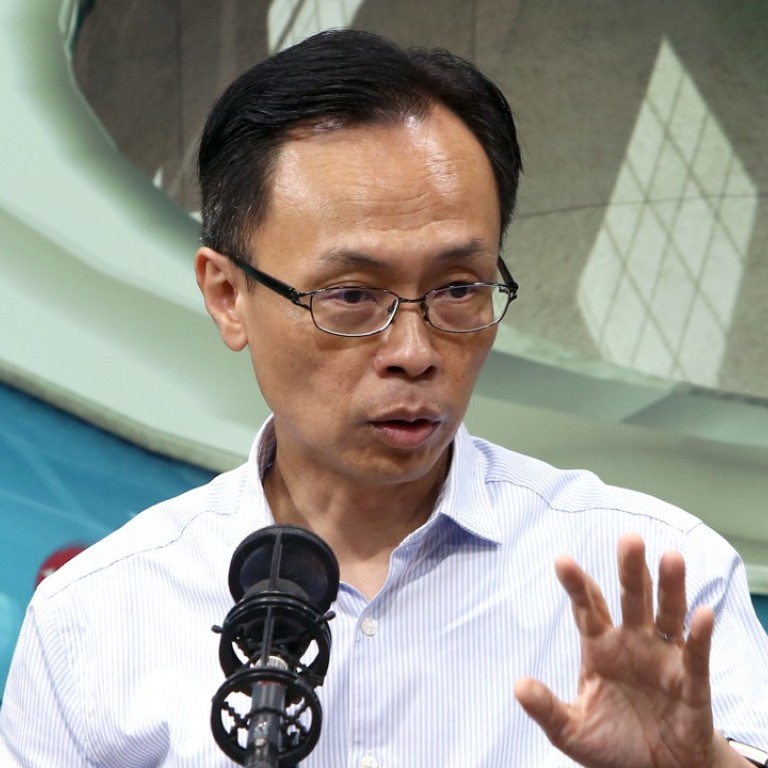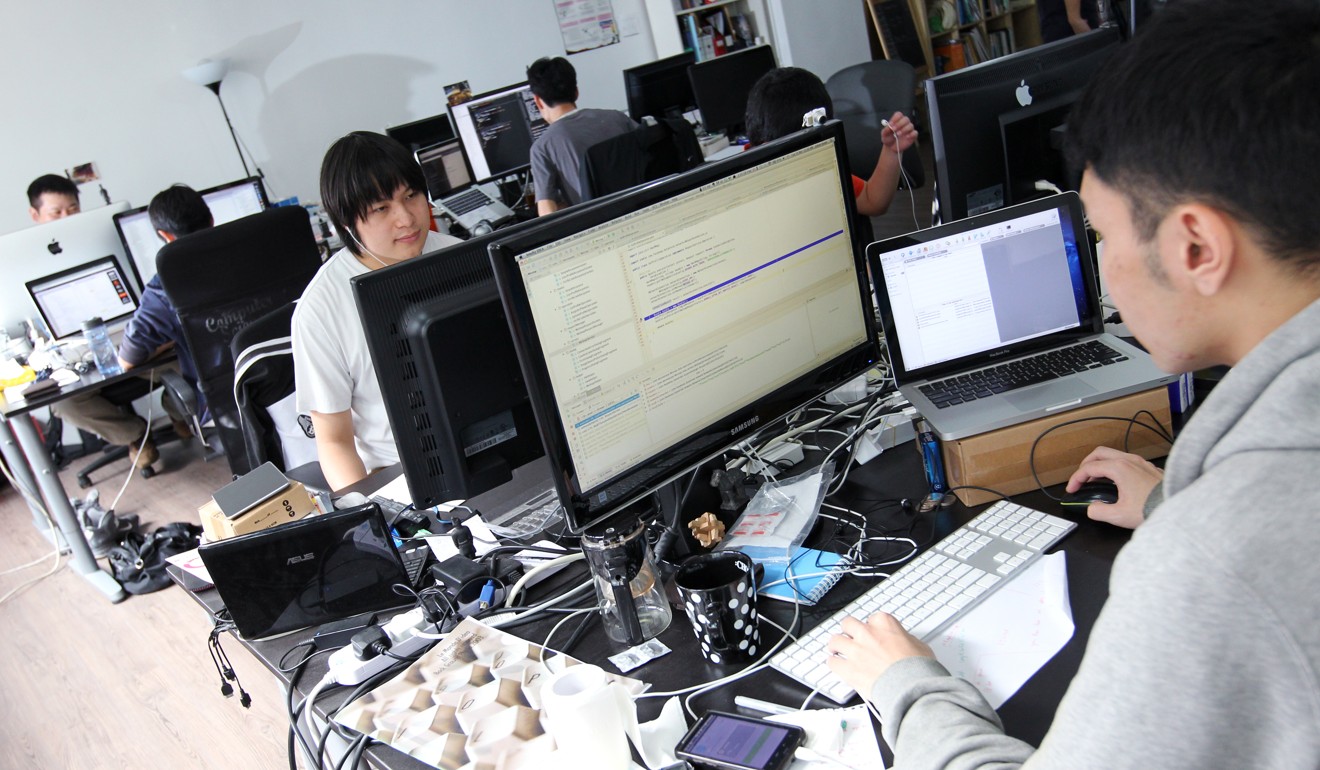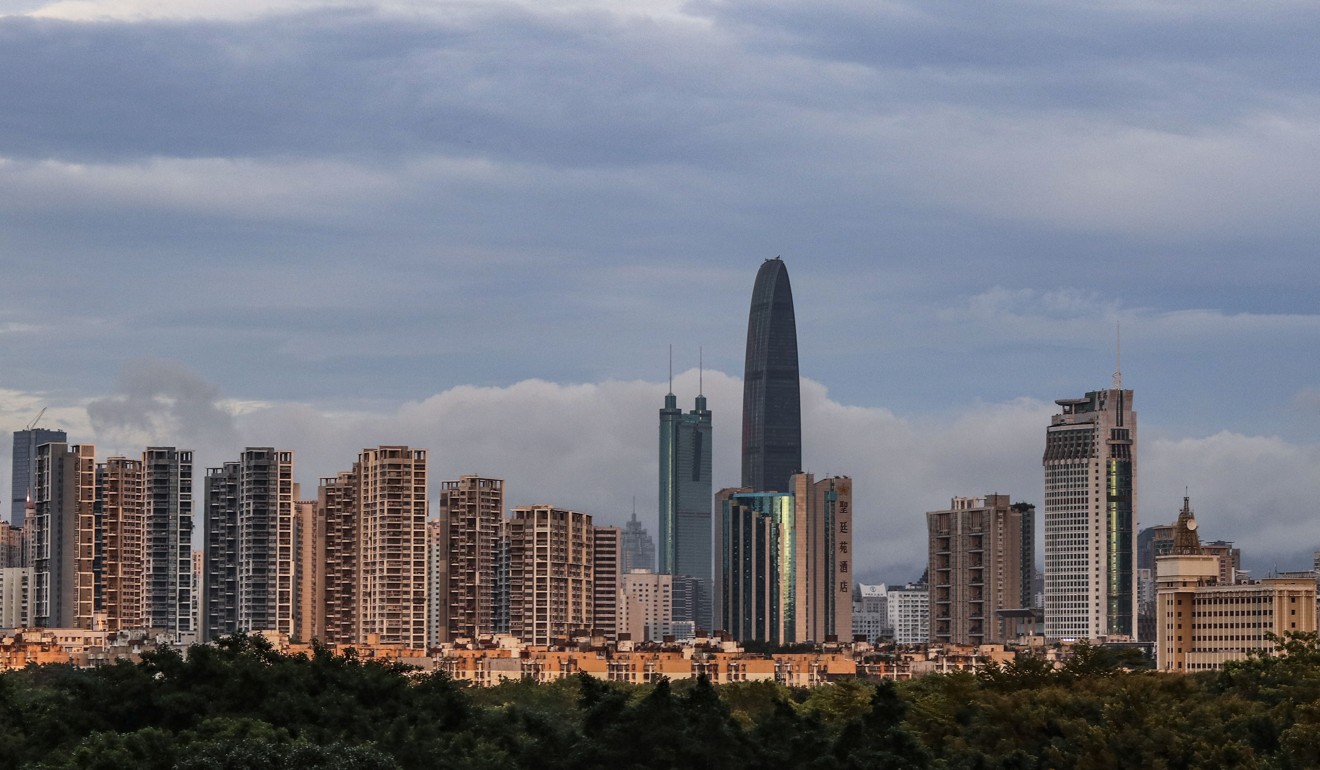
Tax cuts could draw IT talent to work in Greater Bay Area meant to rival Silicon Valley, Hong Kong minister says
Yet the secretary for constitutional and mainland affairs notes it would be difficult to exempt local residents working in the region from paying the mainland’s hefty salaries tax due to long-standing policy
Tax incentives could be considered to entice talent in the innovation and technology sector to work in the “Greater Bay Area”, a region expected to rival Silicon Valley, a Hong Kong minister said on Saturday.
Yet Secretary for Constitutional and Mainland Affairs Patrick Nip Tak-kuen said it would be difficult to exempt Hongkongers working in the region from paying the mainland’s hefty salaries tax as it involved a long-standing central government policy.
“One focus of the Greater Bay Area is to establish an international innovation and technology centre. We need to attract relevant IT talent,” Nip said on a radio programme on Saturday.
The minister said one way to lure talent to the ambitious economic scheme could be through tax incentives. He noted that further discussions with mainland officials would be necessary, alluding to examples of some special economic zones offering similar concessions.

Local lawmakers and political advisers to Beijing have also called on the Hong Kong government to help its residents who need to work across the border from time to time. They argued Hongkongers should be exempted from the heavy tax imposed by the mainland government.
Beijing-backed boost for city innovation unveiled
At present, Hongkongers spending more than 183 days per year on the mainland must pay the levy – which could account for 30 per cent of one’s monthly salary based on progressive rates.
In Hong Kong, taxation on the first HK$200,000 (US$25,400) of annual income is HK$16,000 and a rate of 17 per cent is applied towards the remainder.

Nip said local mainland governments had been offering tax concessions for Hongkongers working in Hengqin and Qianhai – two special economic zones in the city of Zhuhai and near Shenzhen.
But Nip said it could be difficult to extend the subsidies to cover all people working in the entire bay area, which comprises Hong Kong, Macau and nine other cities in Guangdong province. Focusing on a particular sector could be easier, he added.
While agreeing that the existing levy deterred some Hongkongers from crossing the border, he said city residents still hoped to enjoy equal benefits as those of mainland citizens while paying less tax.
Asked whether he believed the measures rolled out to date could boost national identity among young people, Nip said all that could done was to remove obstacles for the next generation.
“We are not saying youngsters must go to the mainland for [career] development,” he noted. “But it is rational for them to understand opportunities offered by the Greater Bay Area and consider them.”
Greater Bay Area success hinges on humility, teamwork: Los Angeles mayor
“The country is undergoing a national tax reform. It could be a slow and long process,” Hung explained. “We are practical. It could be started from certain cities for certain sectors.”
While he noted tax exemptions would be the best way to entice Hongkongers to work in the region, he believed the job opportunities provided would be important drivers as well.

